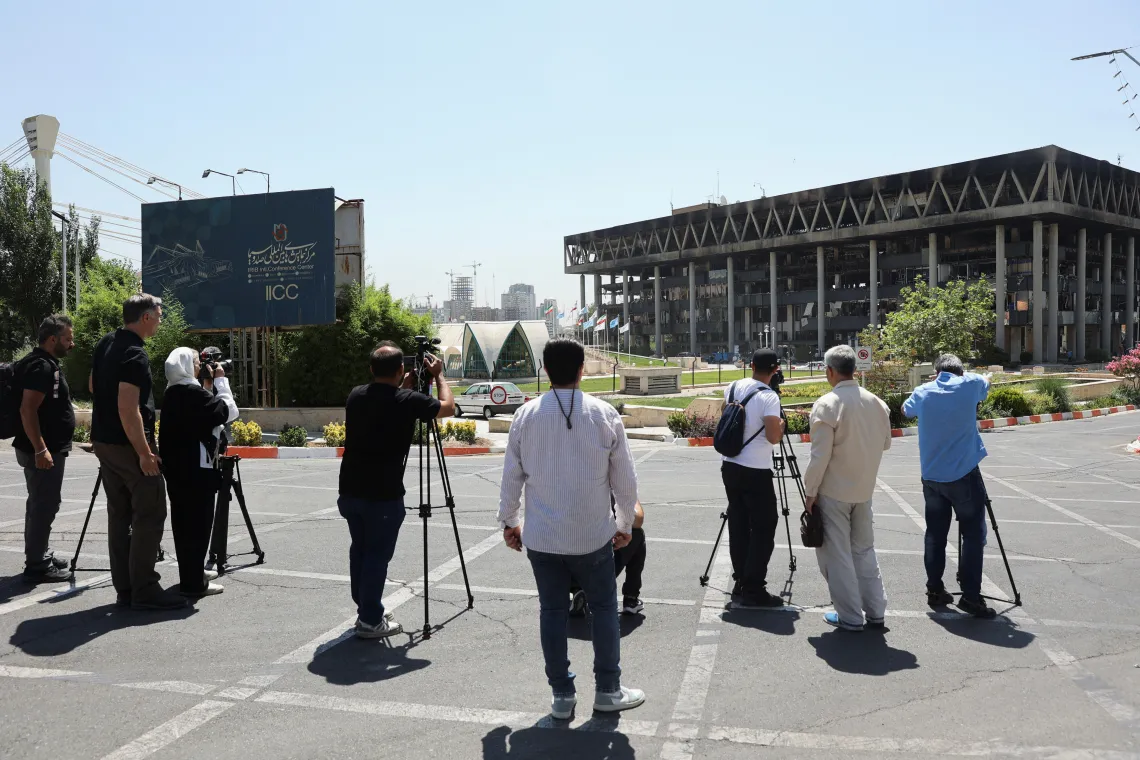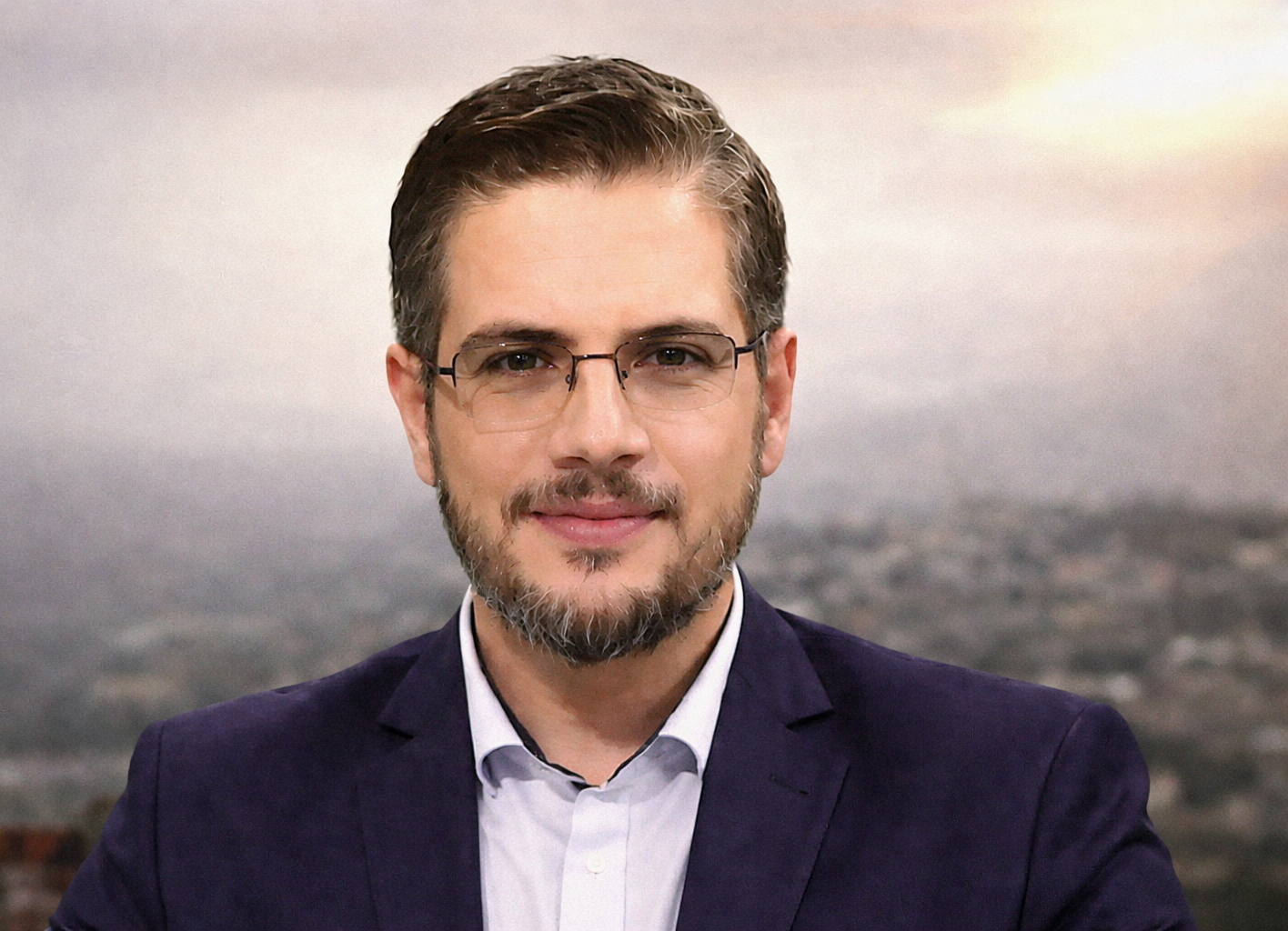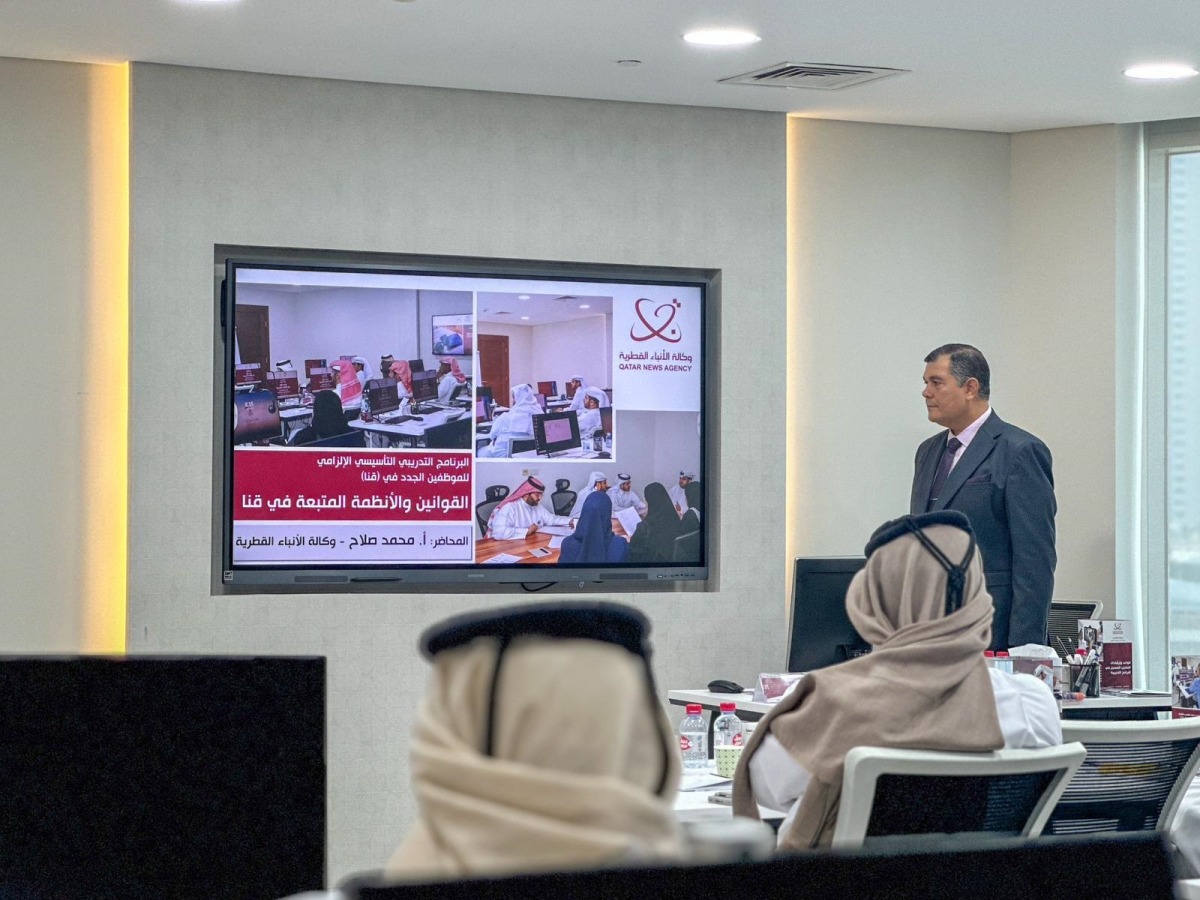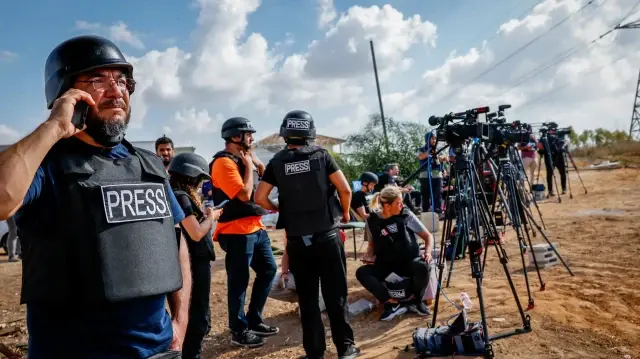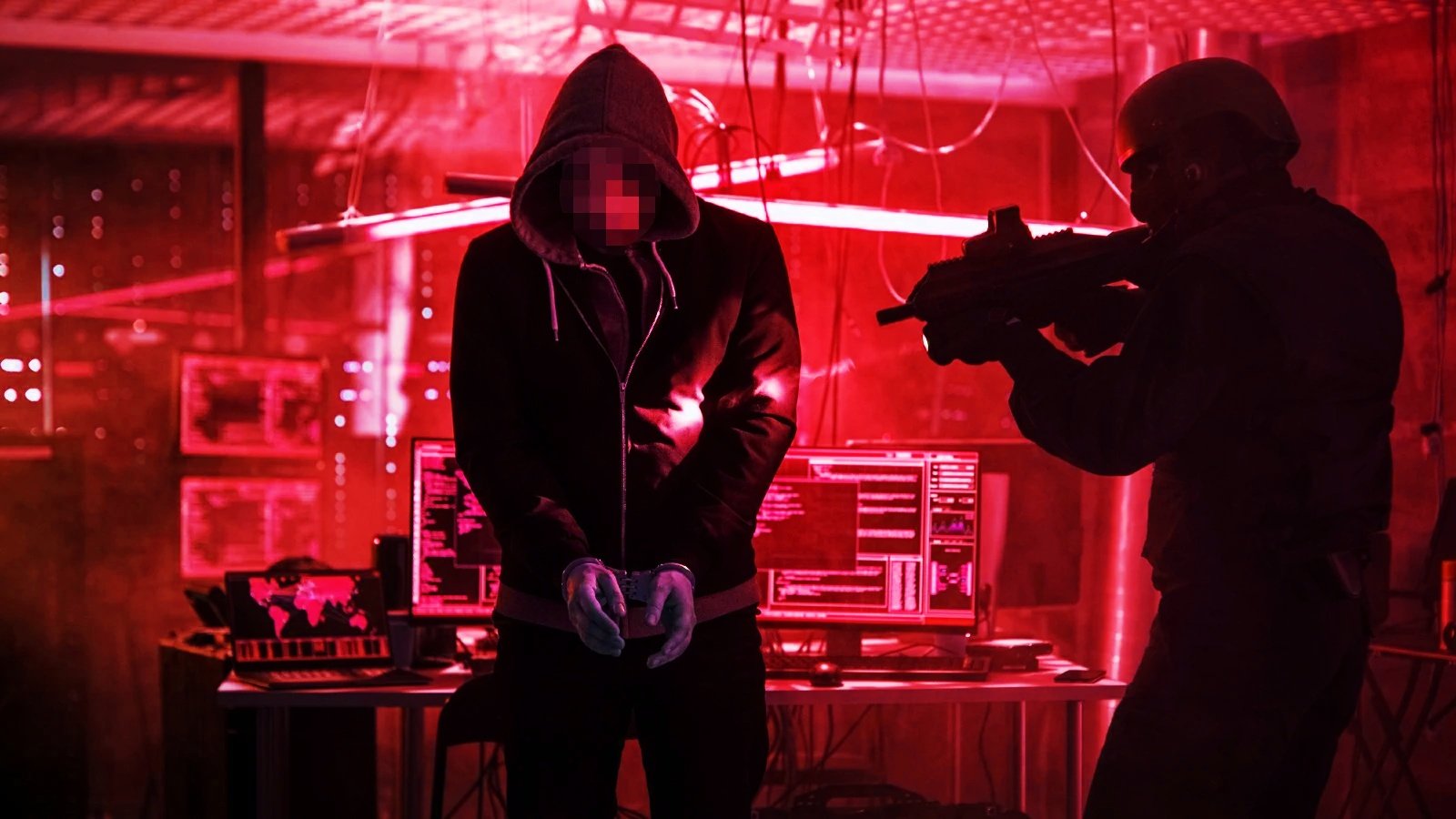
Cyberterrorism in Spain: Teen Hackers Arrested for Leaking Data of Ministers and Journalists
July 2, 2025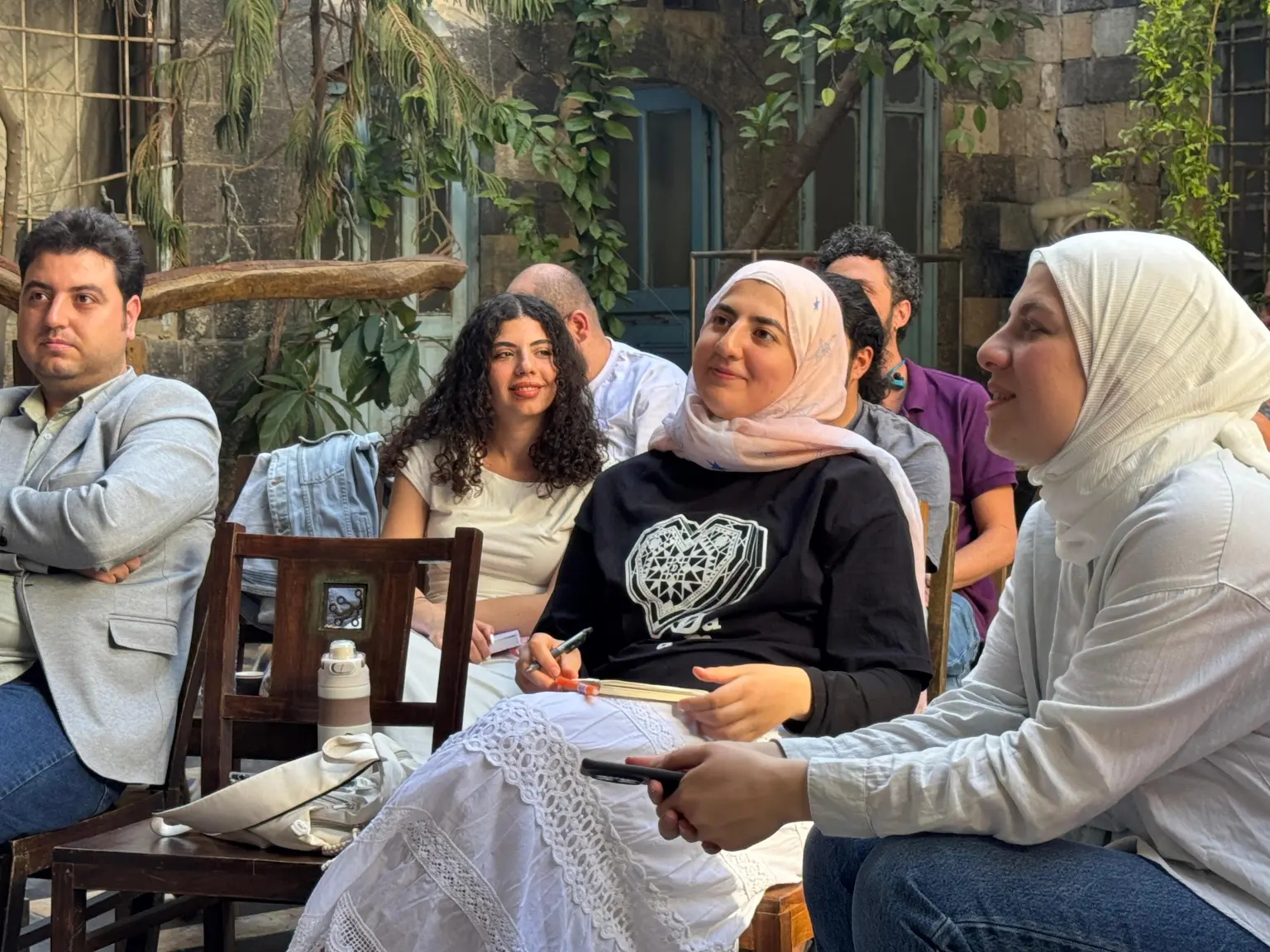
Between Exile and Homecoming: Syrian Journalists Navigate Fragile Hopes and Deep Divides in Post-Assad Era
July 3, 2025July 02, 2025 – Iran –
In the aftermath of the 12-day war between Iran and Israel in June 2025, Iranian authorities have intensified their crackdown on independent journalism through mass arrests, censorship, and unprecedented internet restrictions. The war, which left hundreds dead and regional tensions at a boiling point, has become a pretext for Iran’s hardline government to tighten its grip on information and suppress dissenting voices.
According to the Committee to Protect Journalists (CPJ), Iranian security forces detained scores of journalists, social media users, and activists accused of spreading “false information” or “undermining national unity.” Although many were later released, a chilling message was delivered: any deviation from the official narrative would be met with force. The state media’s rhetoric, calling the period a “season of traitor-killing,” reflects an official climate of hostility toward independent voices.
Perhaps most damaging is the near-total digital blackout imposed by authorities. While internal networks remain partially functional, access to the global internet has been slashed by more than 50%. International websites, messaging apps, and VPN services have become virtually unusable. Iranians describe the experience as being “walled in,” reliant only on government-controlled platforms and the National Information Network—a heavily censored intranet—for information and communication.
This latest information siege mirrors past crackdowns, such as during the 2019 protests, when Tehran used internet blackouts to block coverage of state violence. The pattern is clear: whenever the regime faces pressure—whether from domestic protests or foreign wars—it responds by silencing media, isolating citizens, and consolidating control.
CPJ and other watchdogs warn that these tactics severely undermine freedom of expression, access to information, and journalists’ safety. The disruption not only hinders accurate reporting during a national crisis but also erodes public trust in both domestic and international media.
As Iran retreats into digital isolation and weaponizes connectivity as a tool of control, journalists working inside the country face a grim reality: they are operating under siege, not just from the state, but from a system designed to erase their voices.
Reference –
Iranian media under siege after Israel war, internet disrupted

